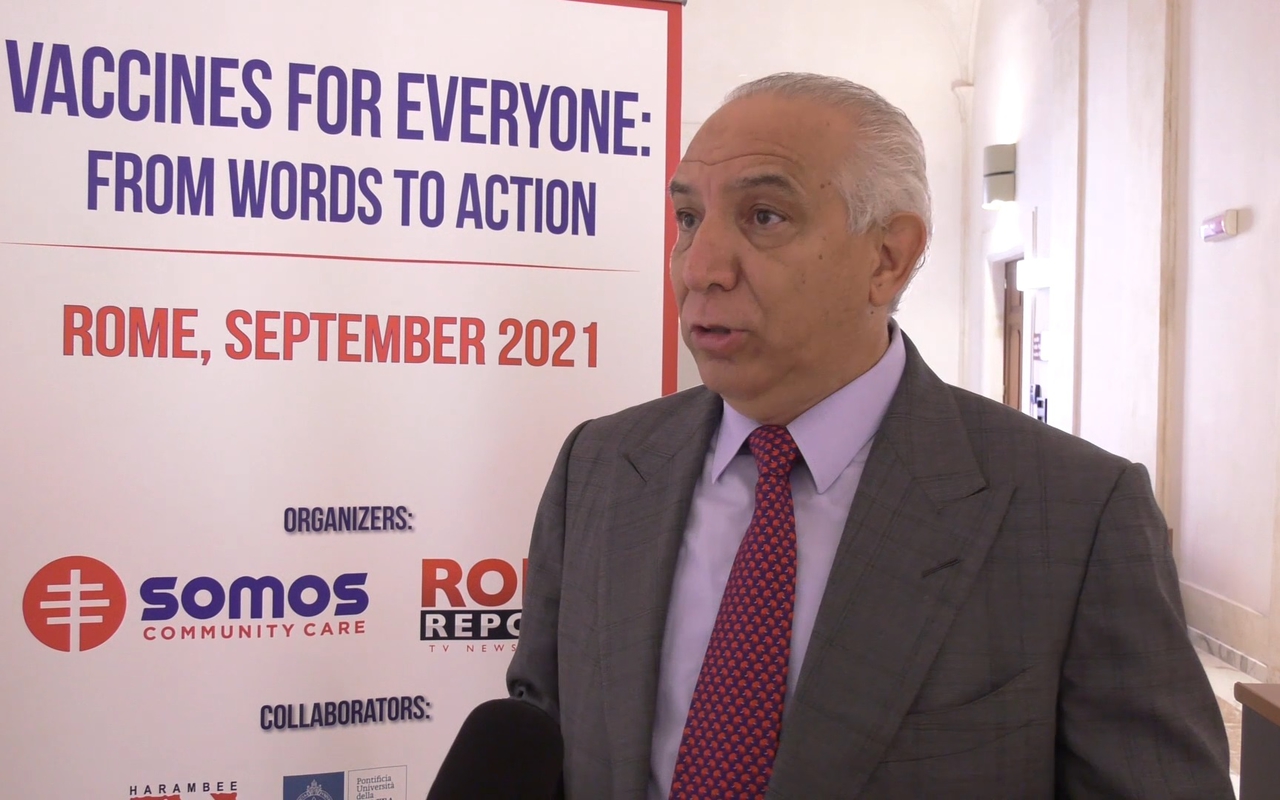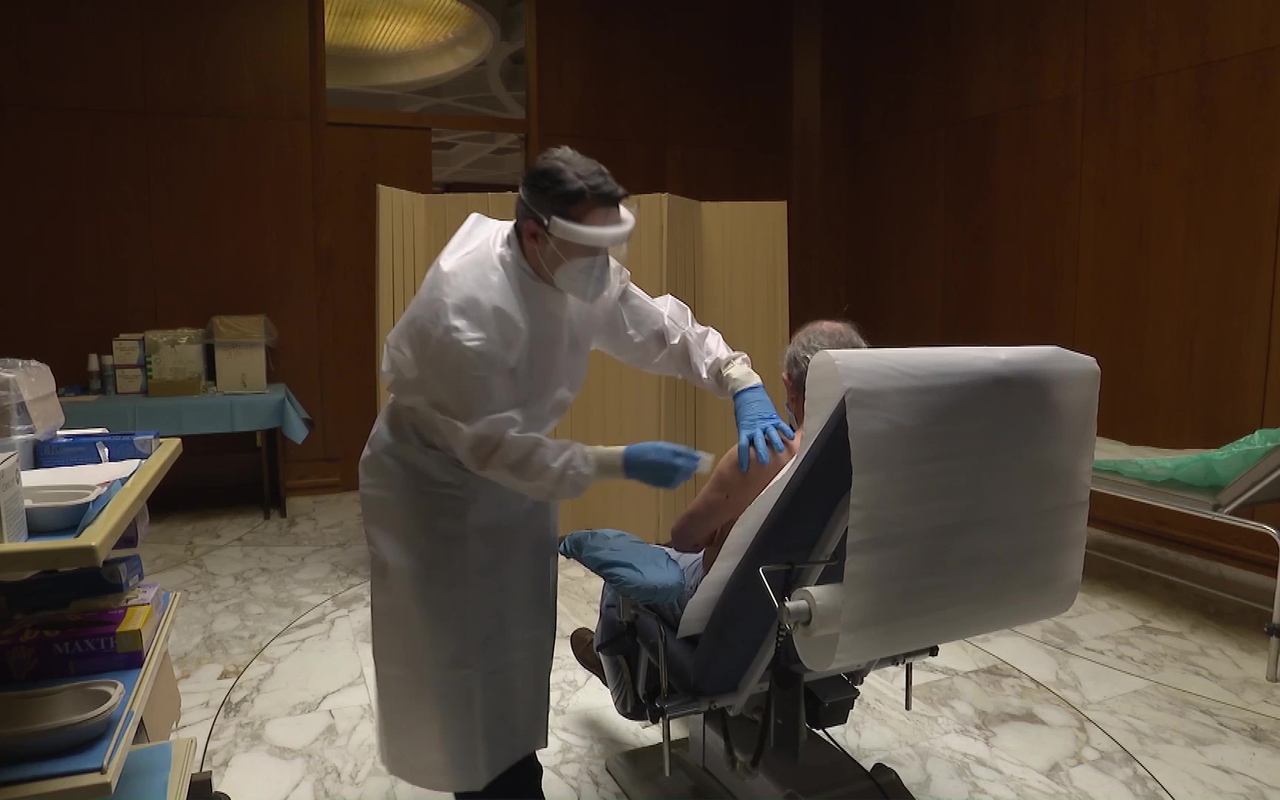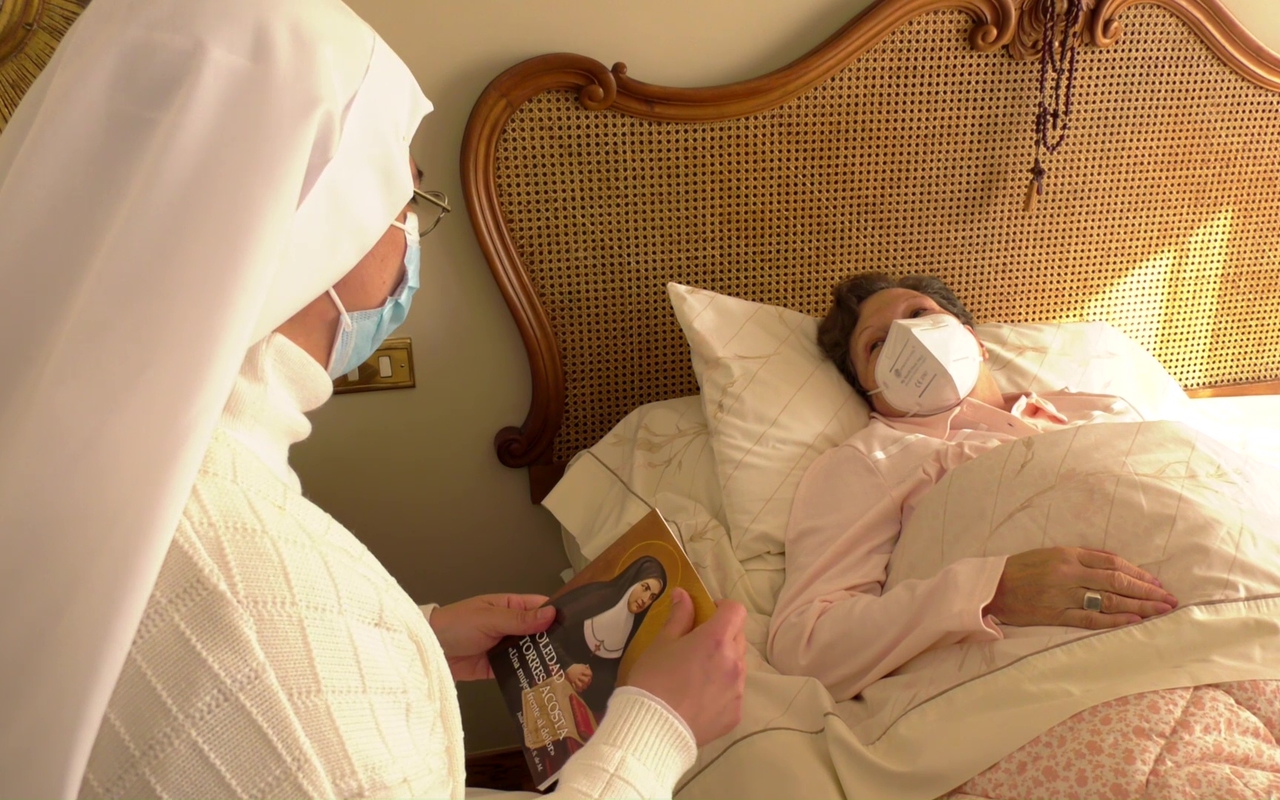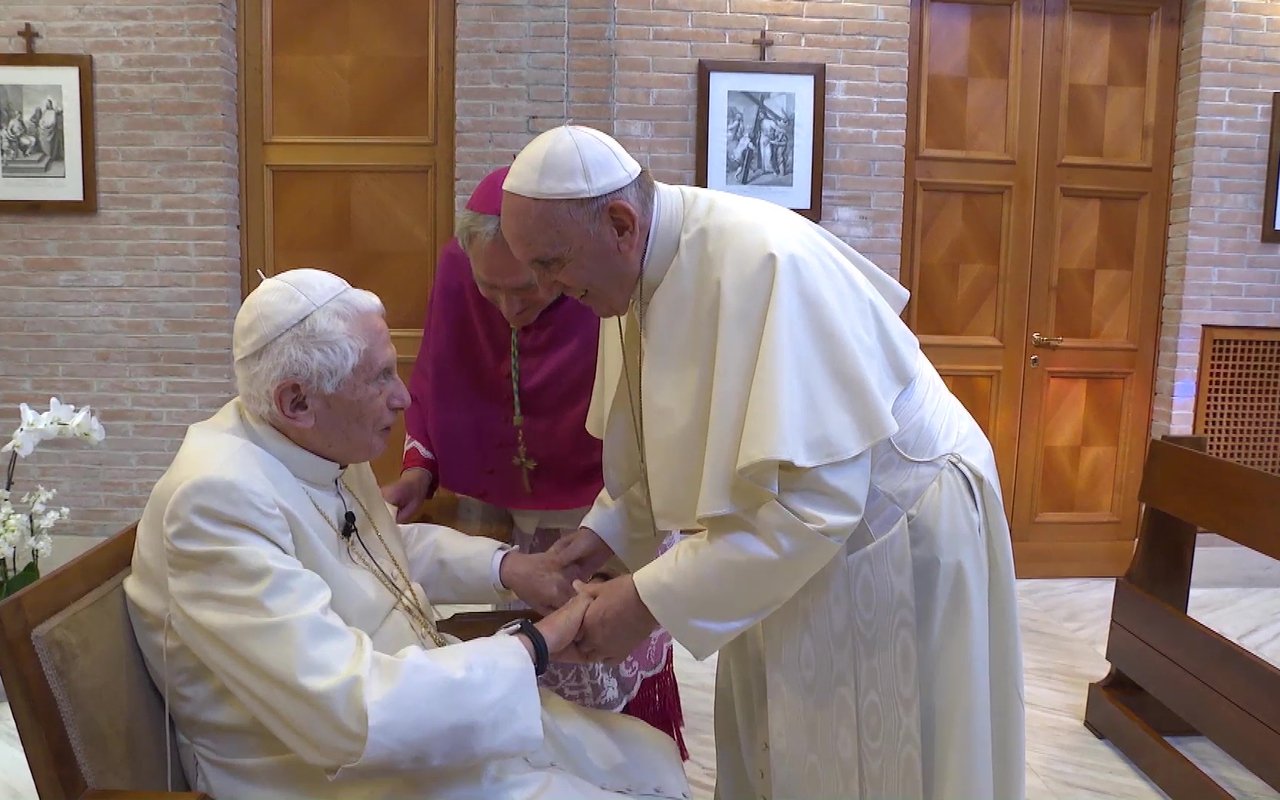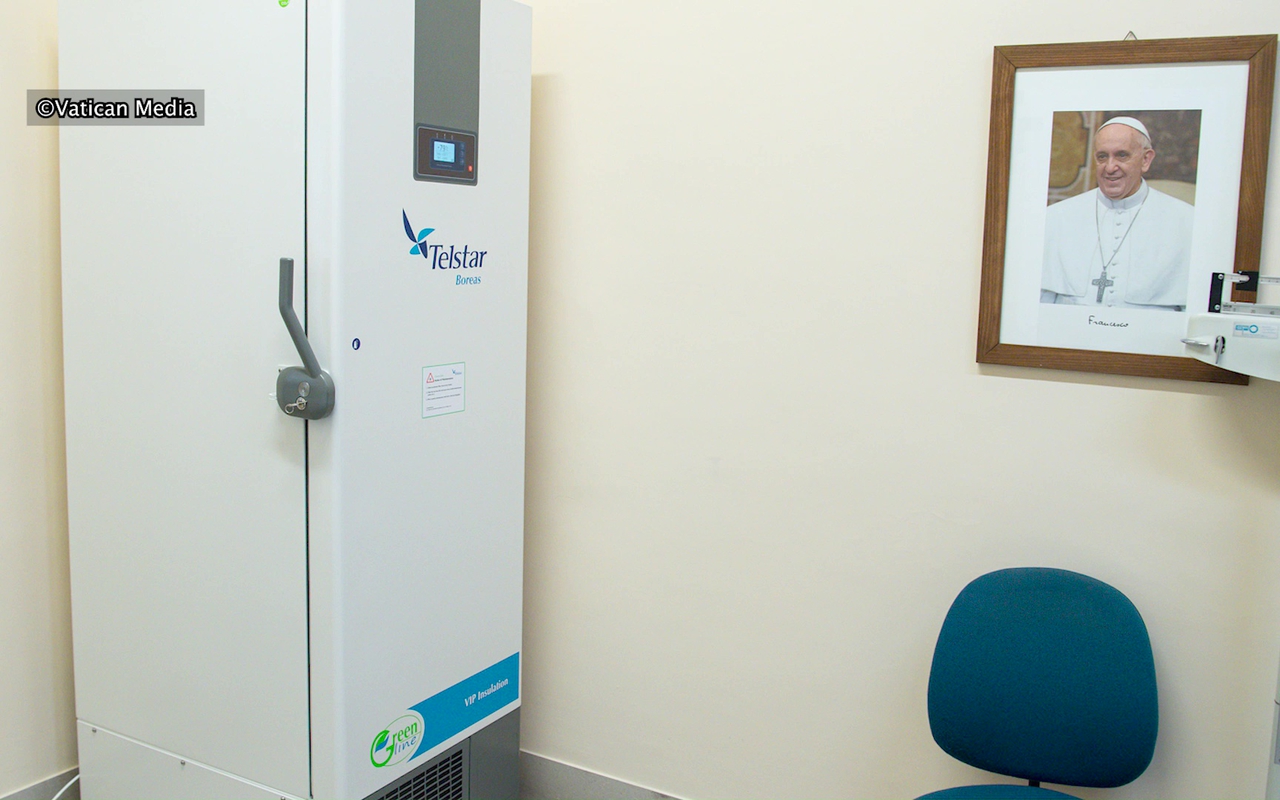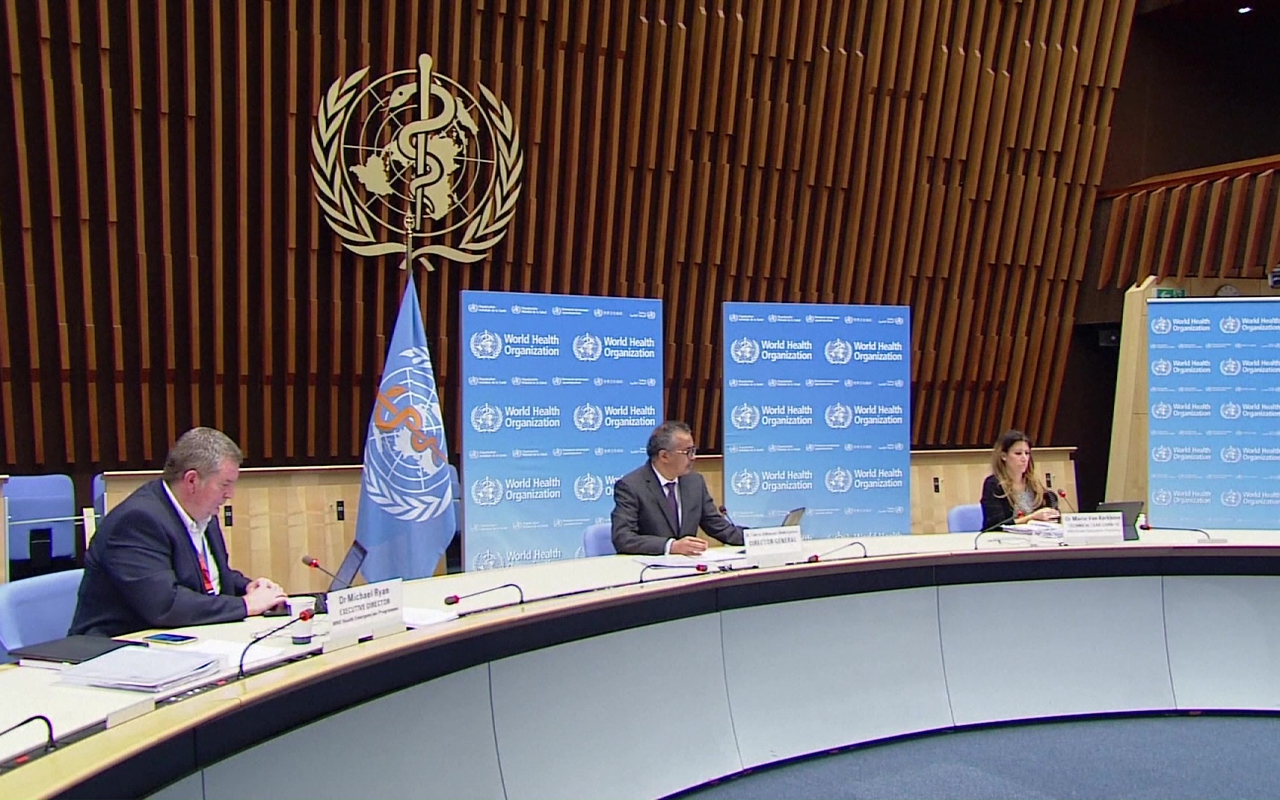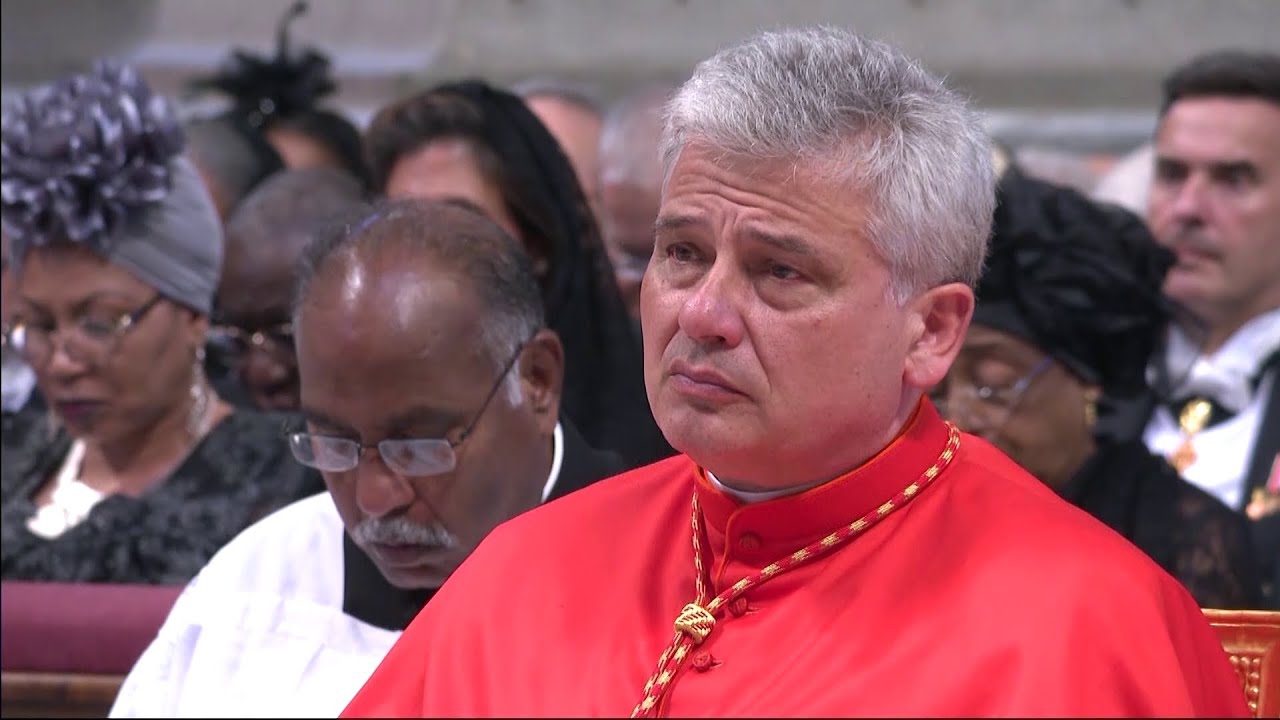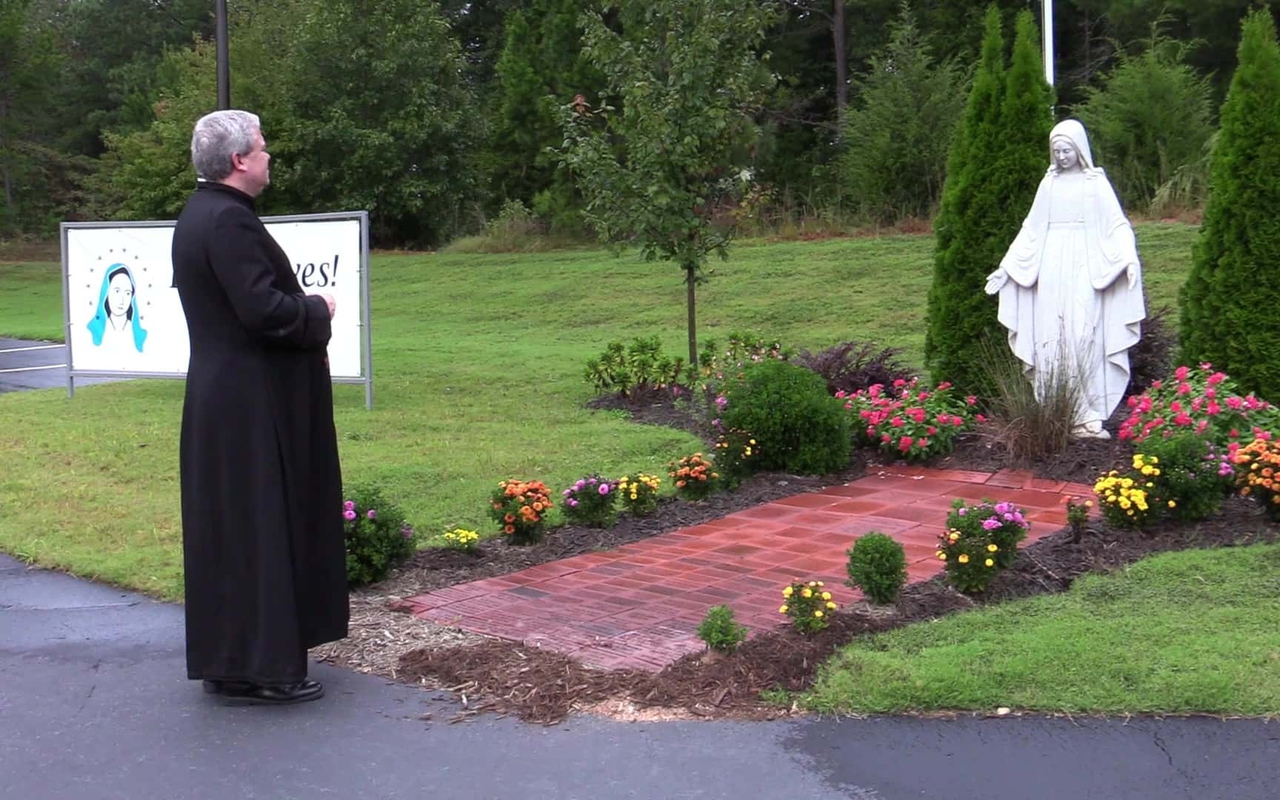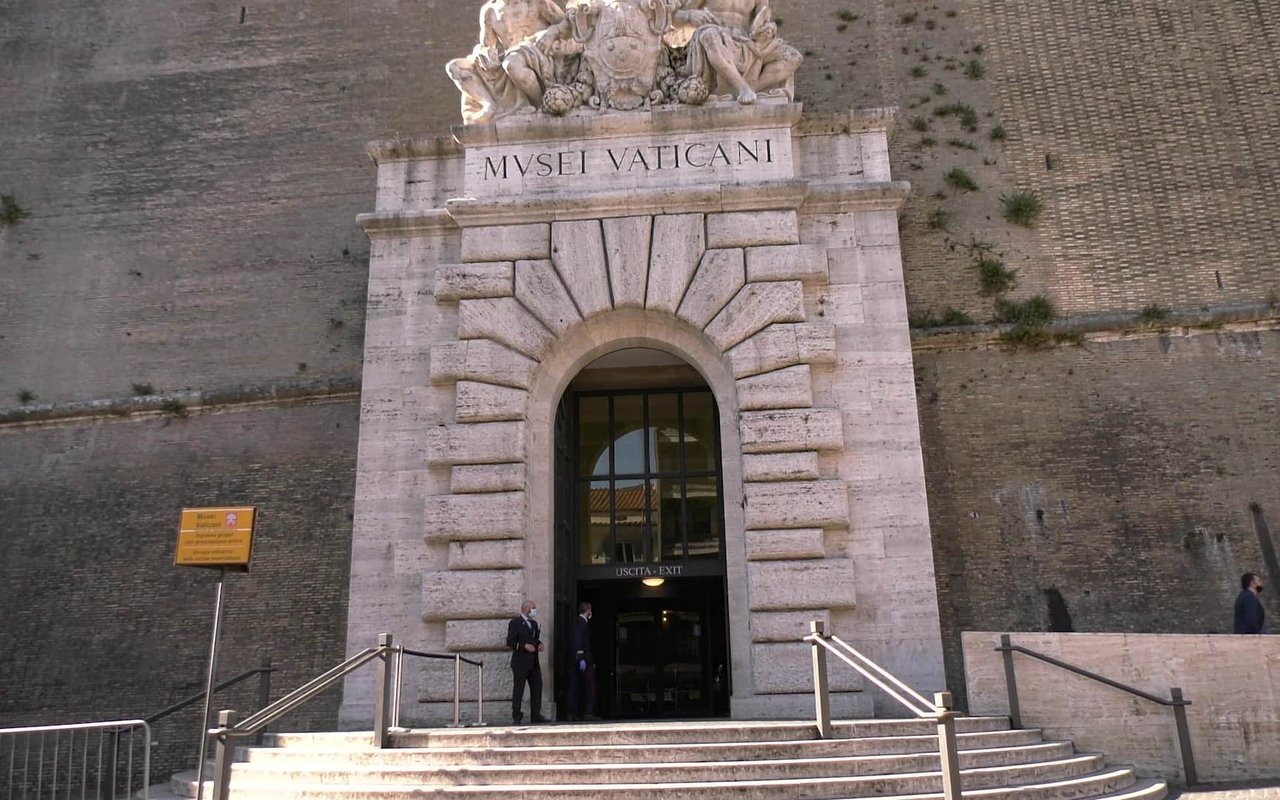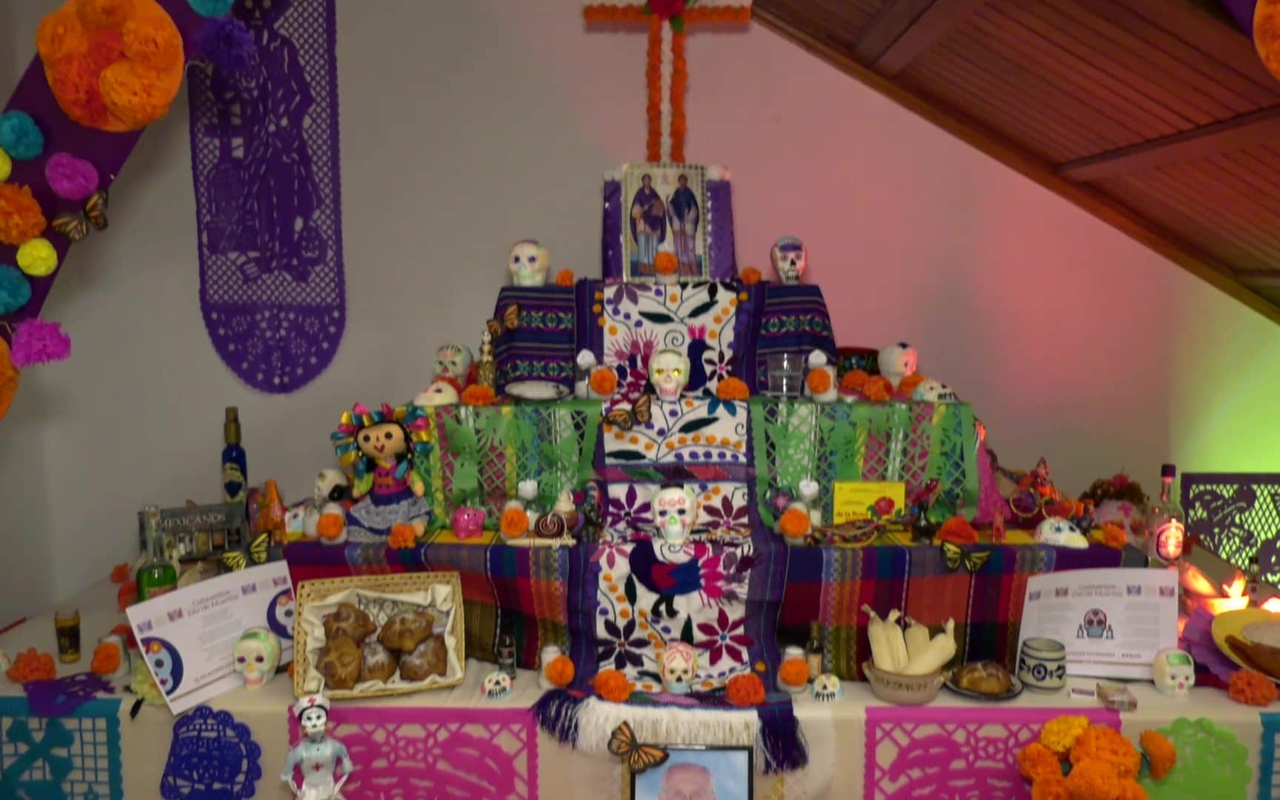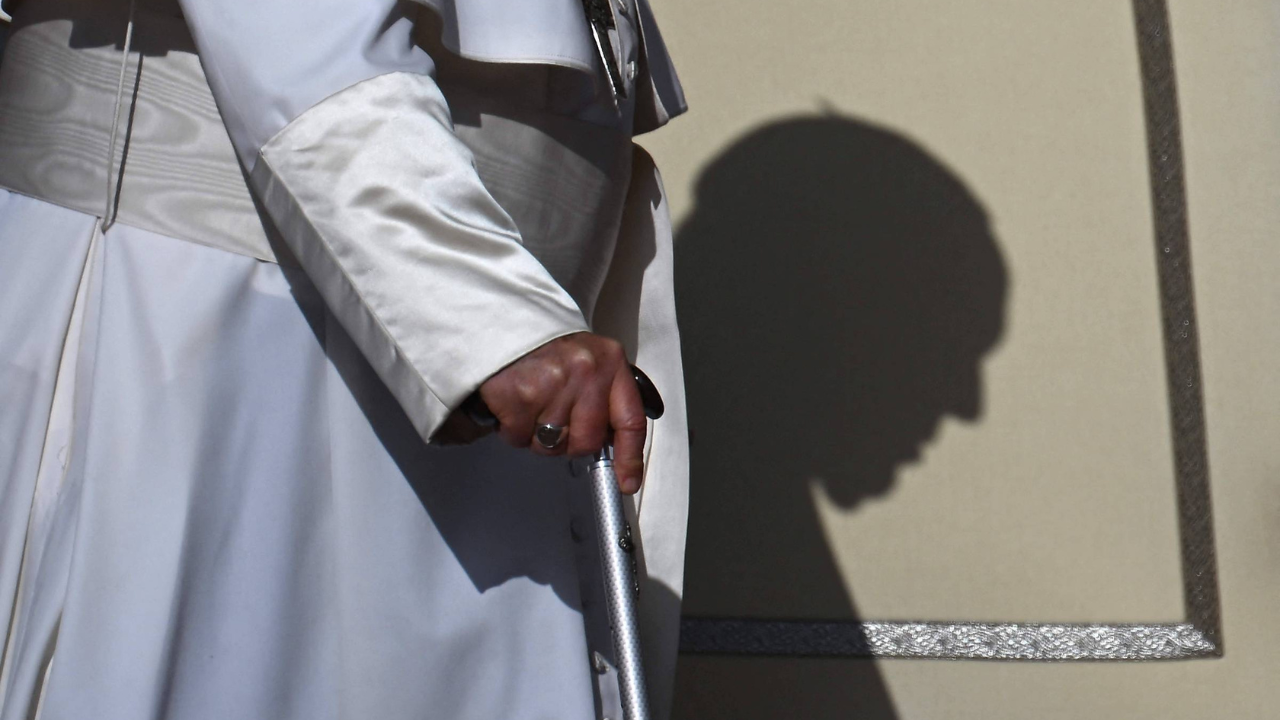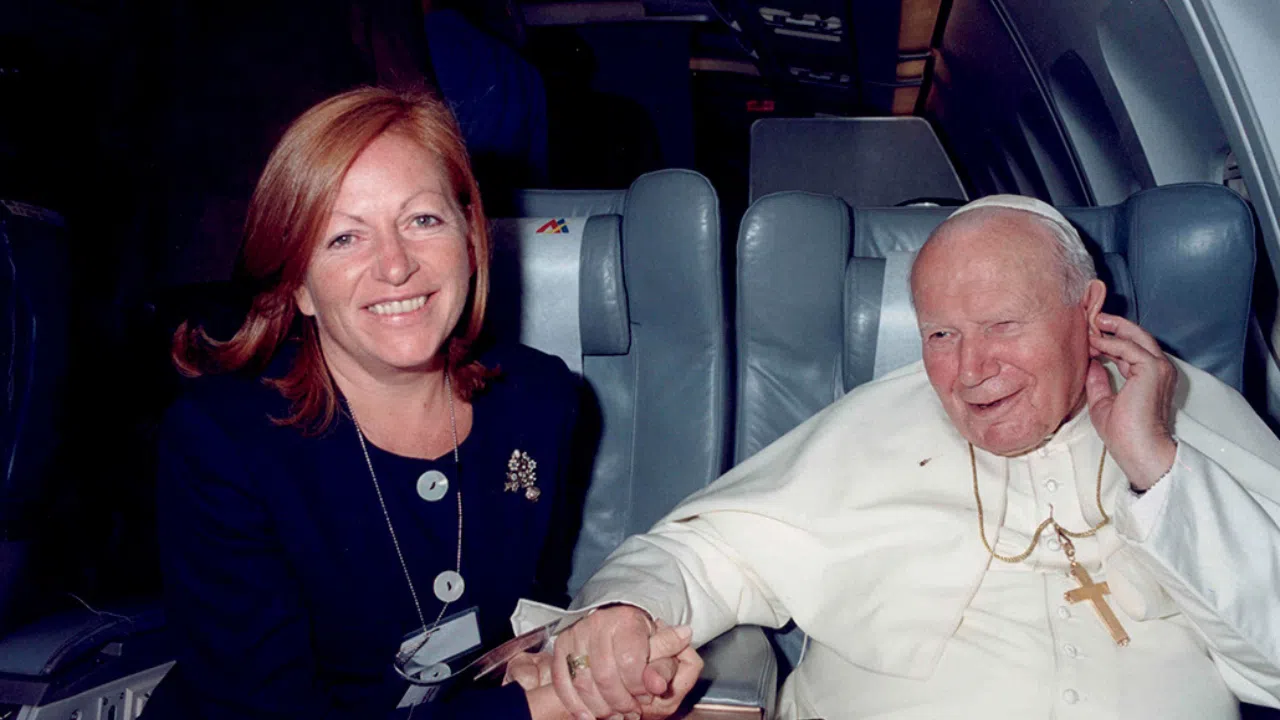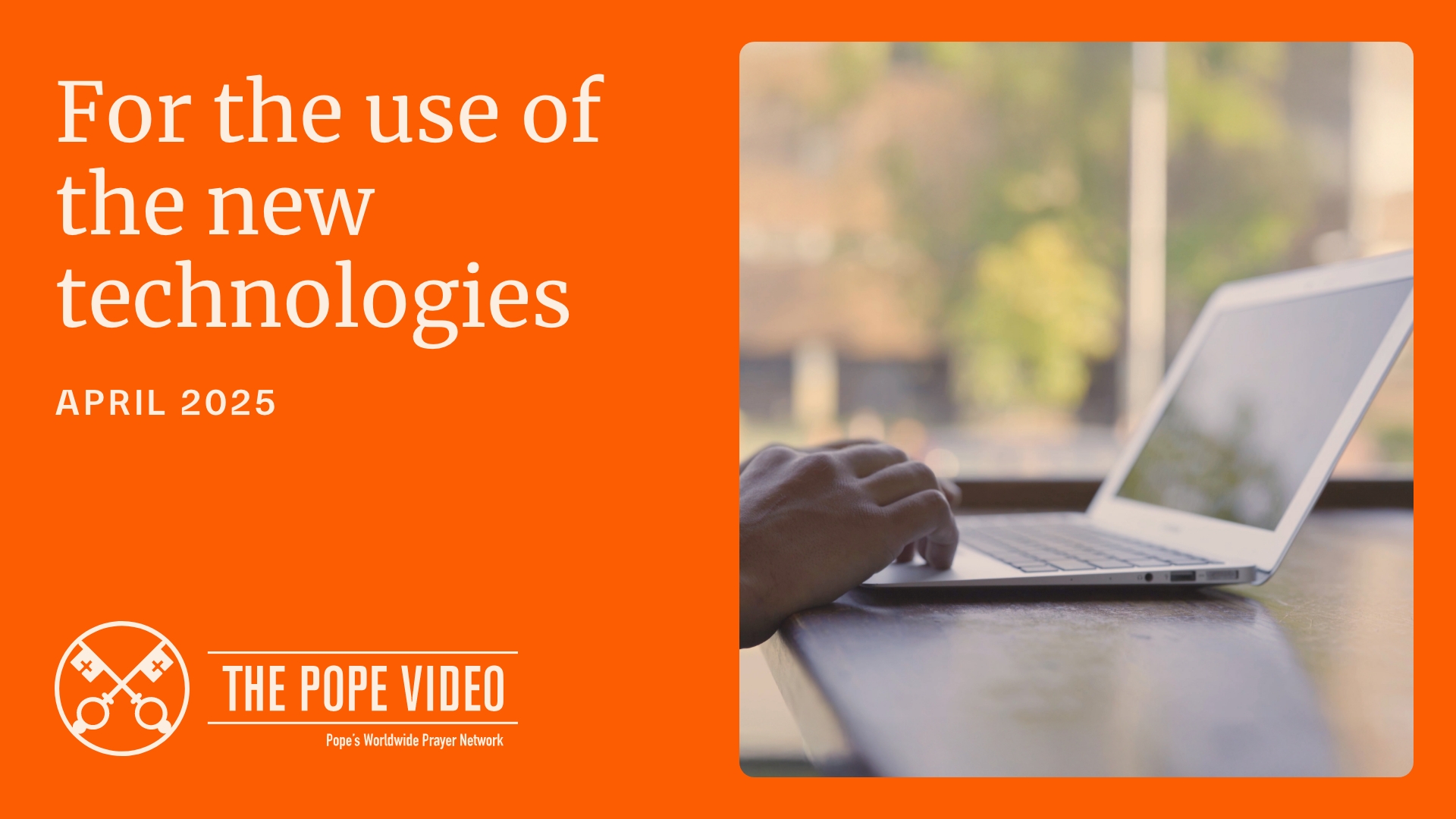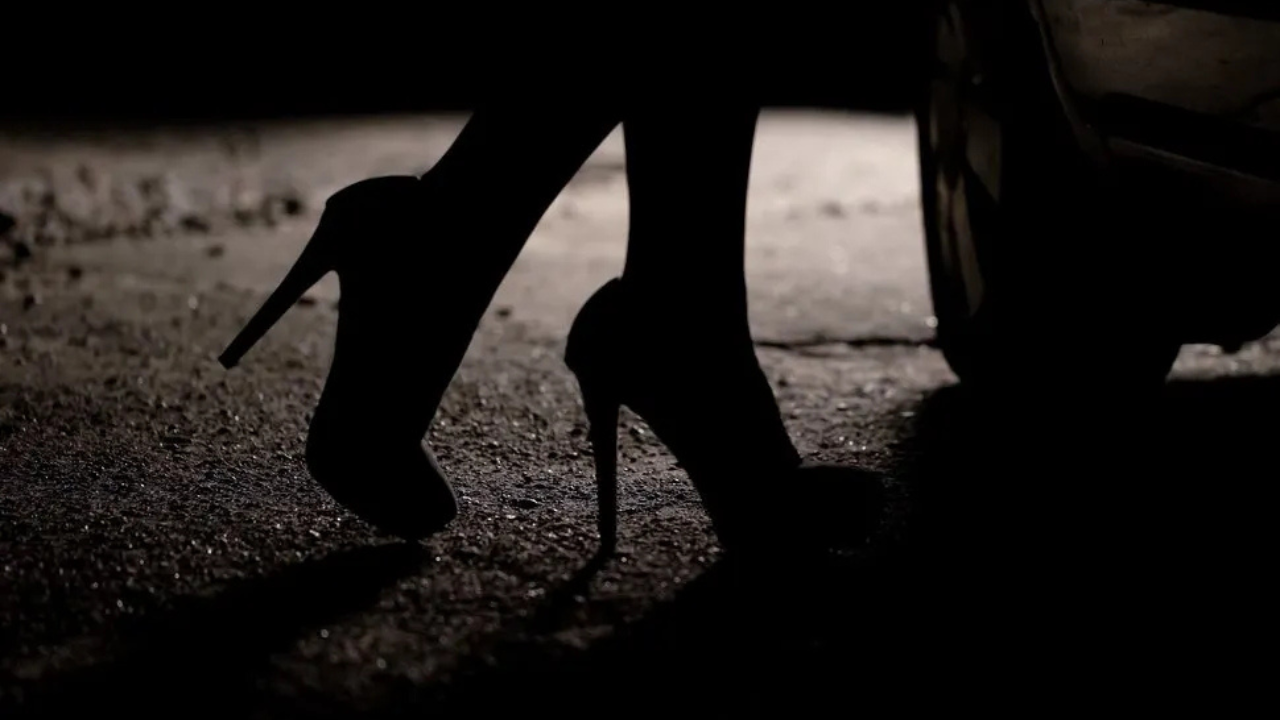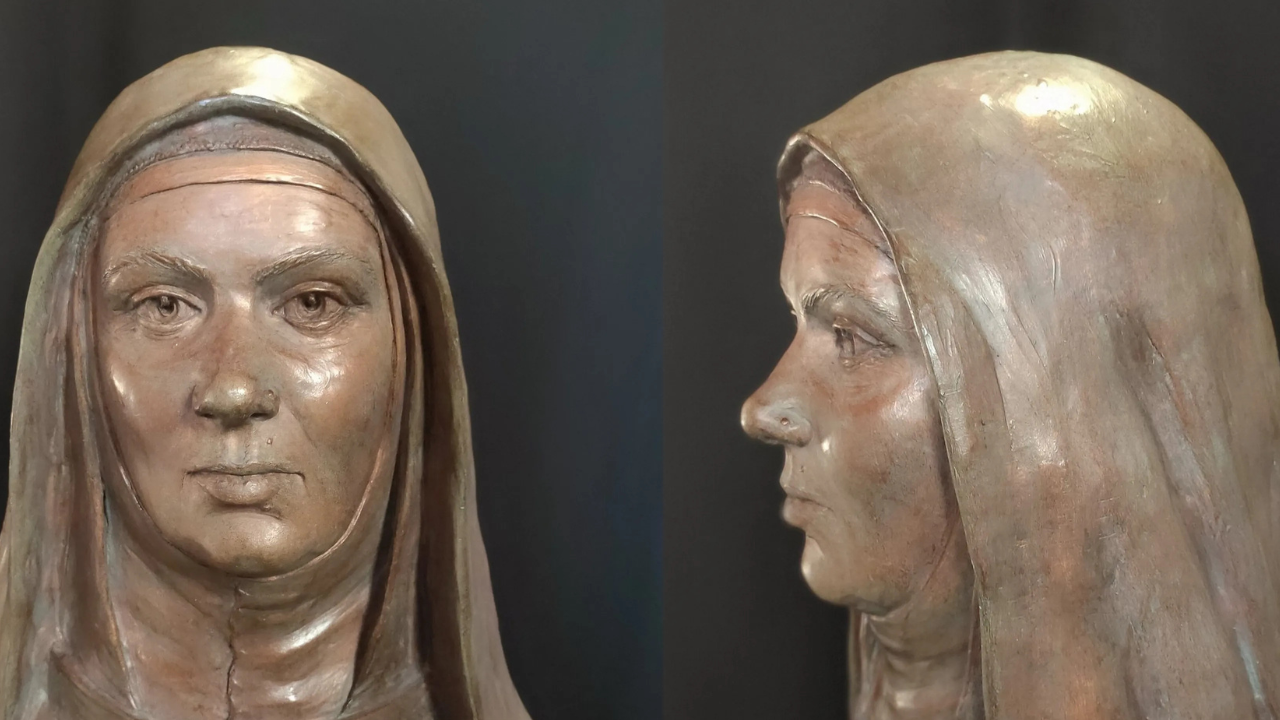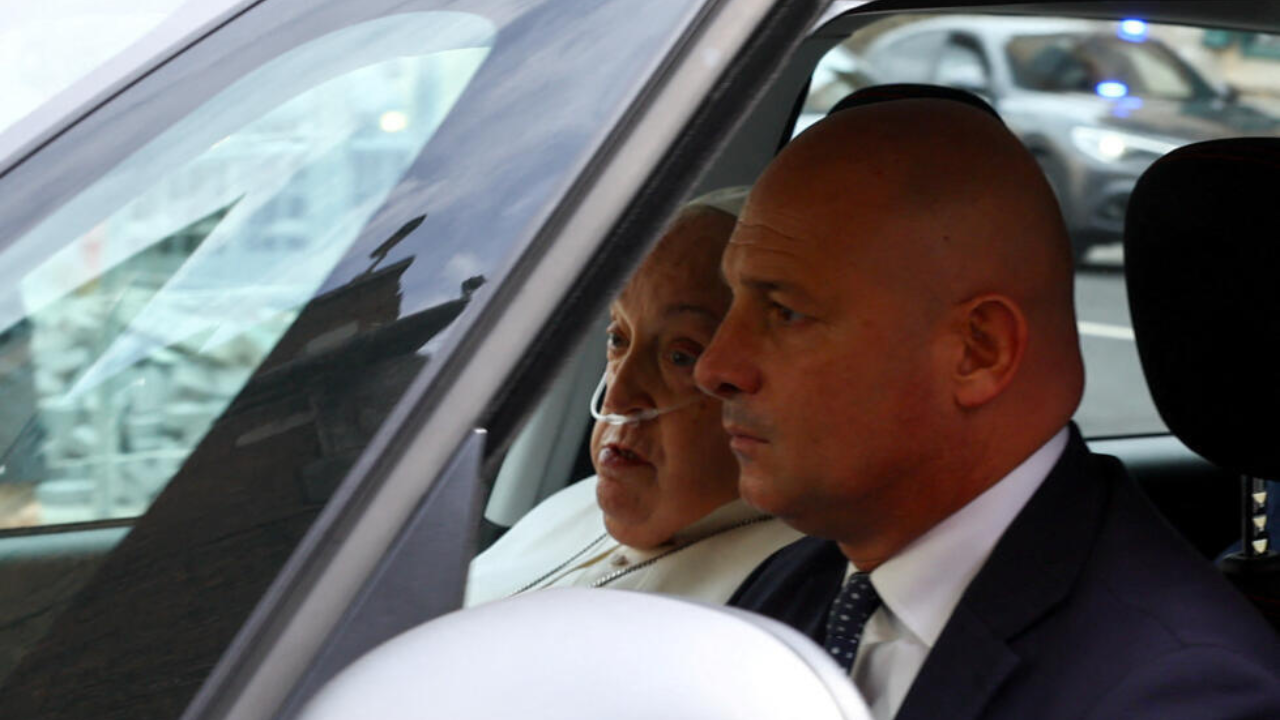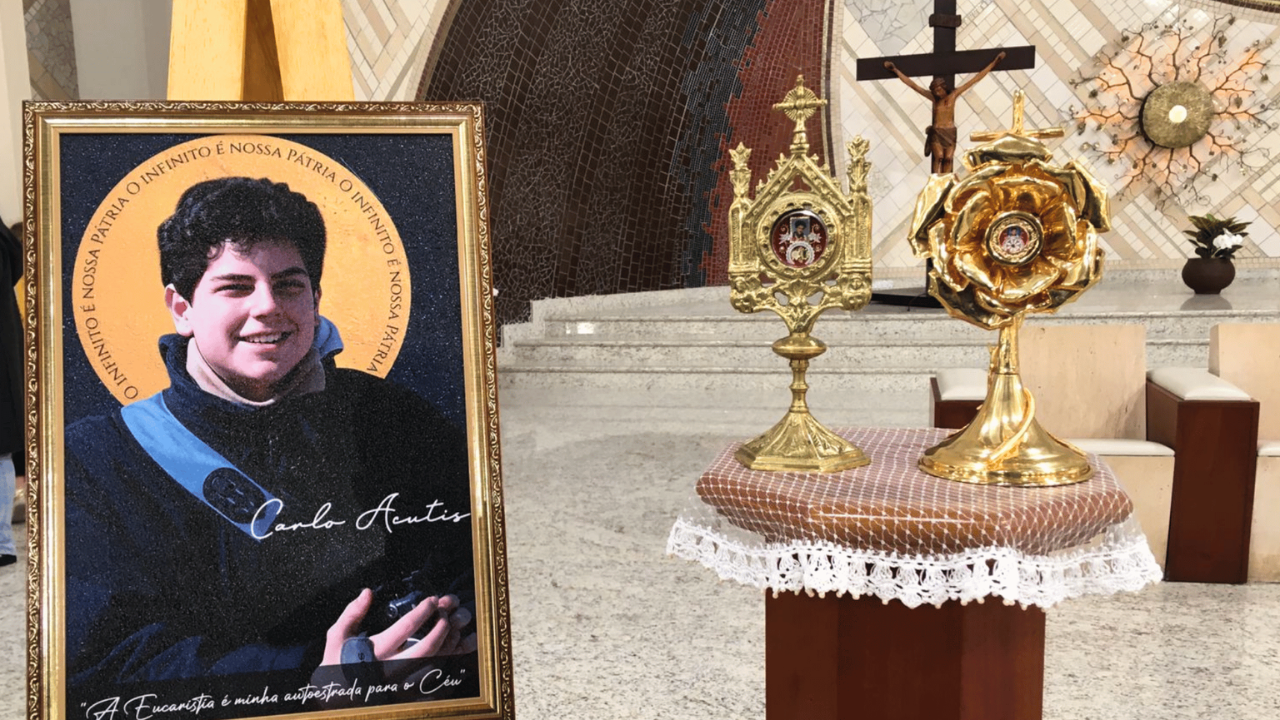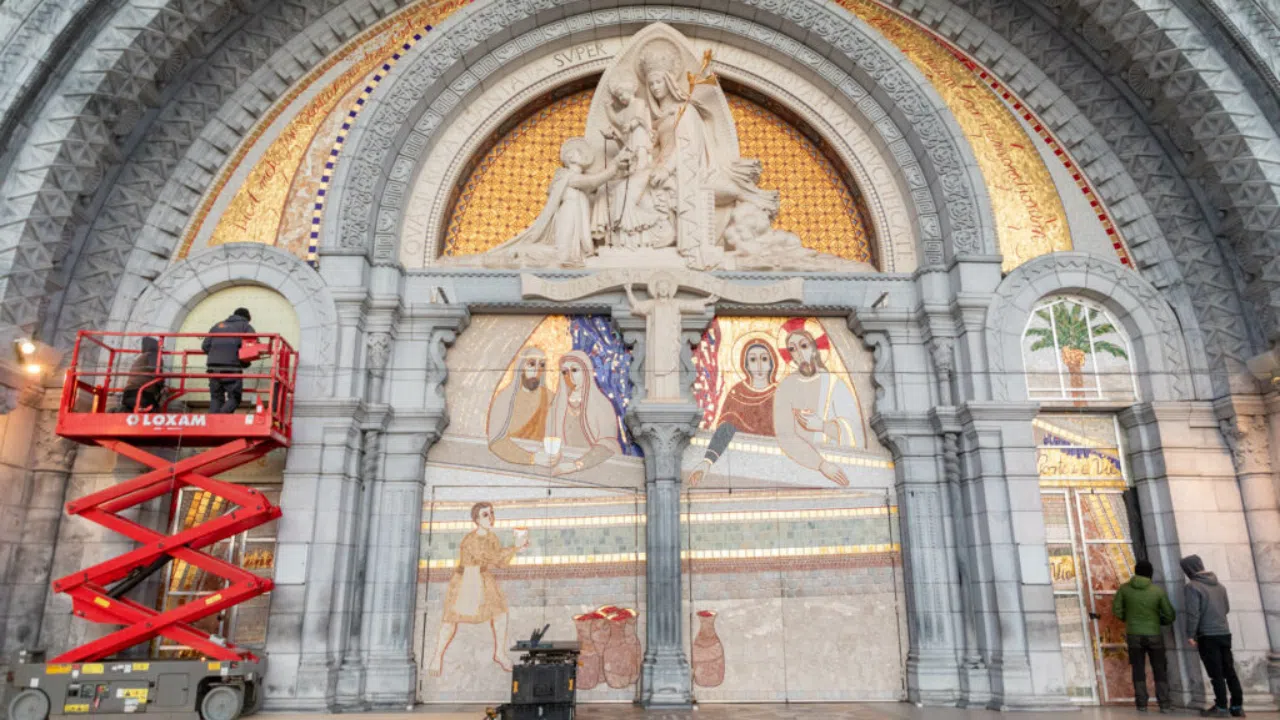“We're living this quarantine feeling the suffering and needs of our brothers and sisters.”
Religious communities, even in the safety of their monasteries and convents, have not escaped the damaging effects of the coronavirus pandemic. Their struggles however, have escaped the notice of many.
SANTOS BLANCO
CEO, Folk Sixty
“Cloistered religious aren't going to ask for help. They always say they don't want to ask for help because they're sure there is always someone worse off than they are.”
Santos Blanco is one of four young entrepreneurs who launched the initiative, TuClausuraMiClausura, which means “your cloister, my cloister.” They compiled a series of videos from religious communities who, due to government-imposed restrictions, can no longer rely on their usual ways of supporting themselves.
SANTOS BLANCO
CEO, Folk Sixty
“In the end, religious live off donations they receive, from neighbors or organizations. They also rely on what they do themselves, for instance, handiwork or baking, making things which they can go out and sell. What happens? Well, with this situation, they can neither go out to sell nor receive donations from neighbors in the area.”
All funds received through TuClausuraMiClausura go directly to the DeClausura Foundation, which helps sustain religious communities in Spain. The initiative isn't just about the money however.
SANTOS BLANCO
CEO, Folk Sixty
“We also included on the website the possibility to request a prayer or petition from the different cloistered religious communities. We also believe it's very beautiful that people can create links with, and grow closer to, the cloistered world. “I think it's the only thing that can save us: prayer.”
The initiative is temporary, intended to respond to the concrete circumstances presented by the coronavirus.
CT
